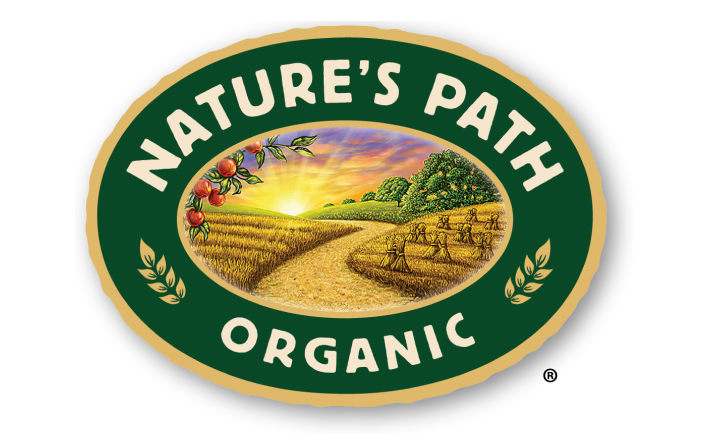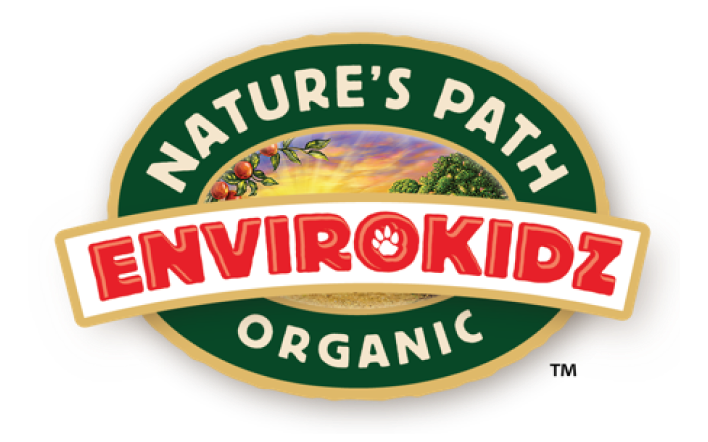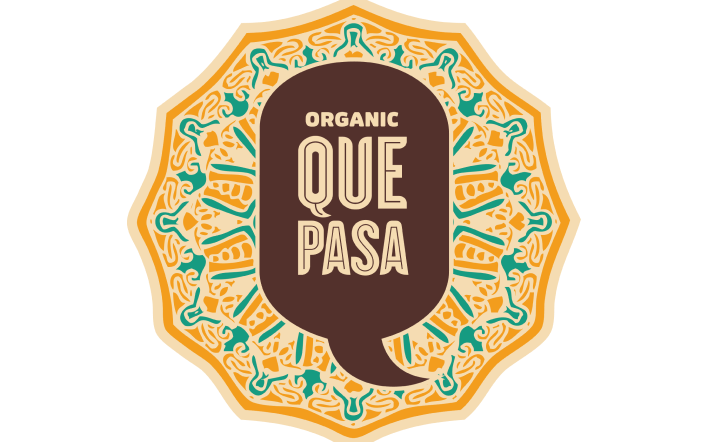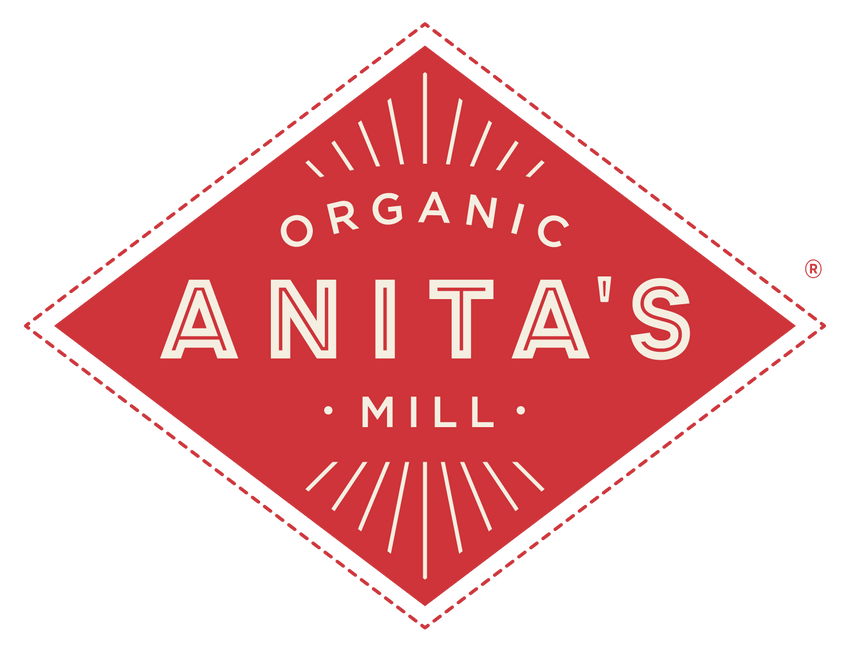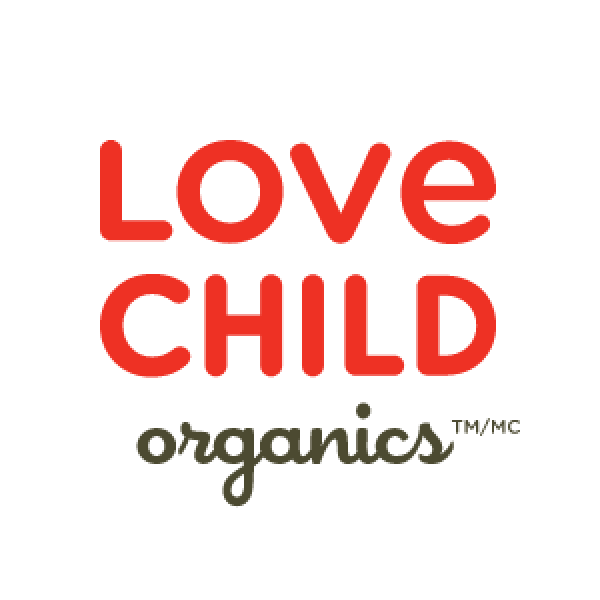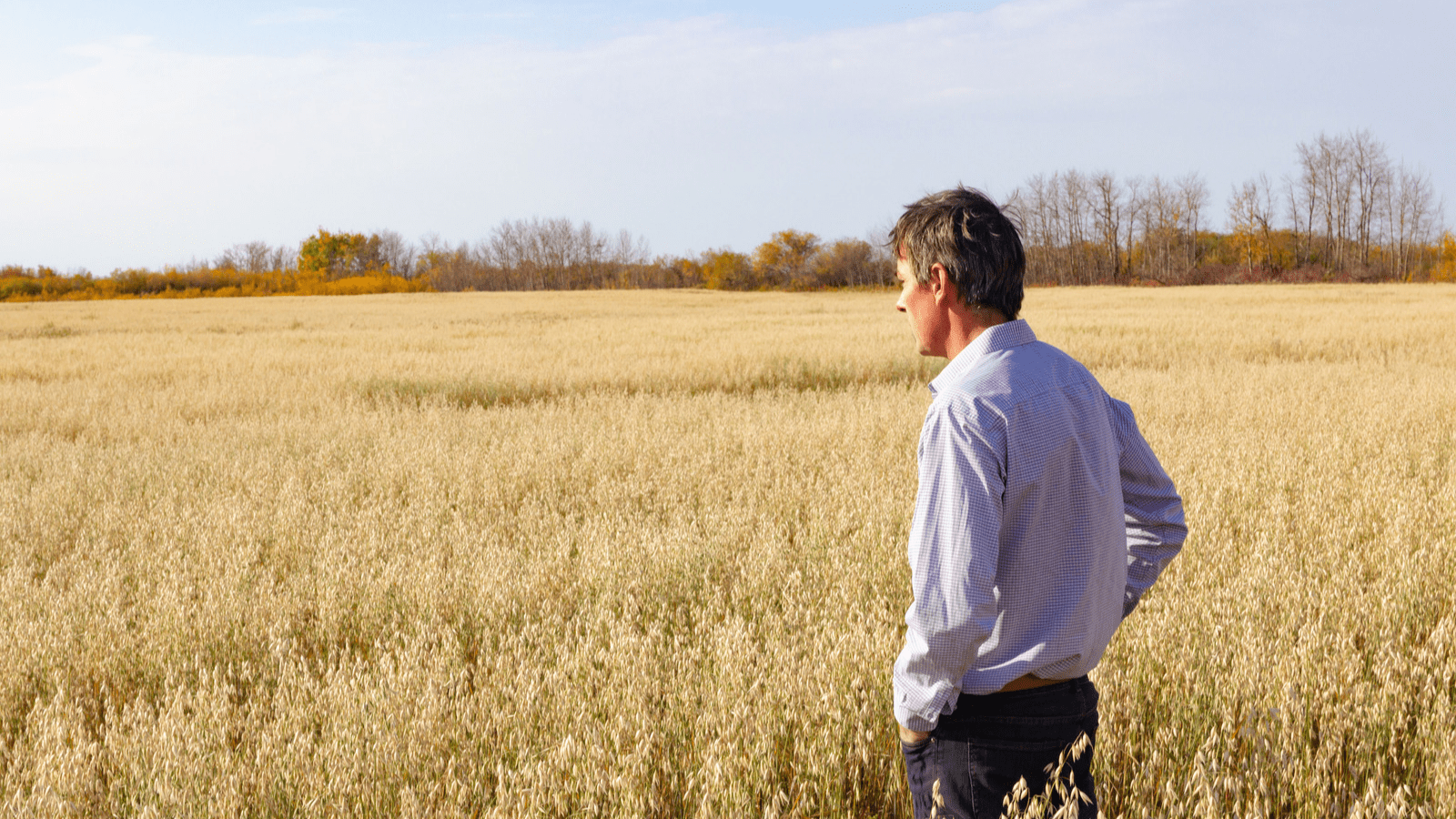
THE DIFFERENCE BETWEEN ORGANIC AND NATURAL
When given the option, how do you prefer to shop for your foods? Do you go organic? What about natural?
For a consumer, foods labeled “organic” and “natural” are advertised in a way to seem synonymous, when they’re not. Read on for the meanings behind these labels, as well as what you can look for to stay healthy while strolling the grocery aisles or at your local market.
What Does it Mean when Food is Organic?
The term “organic” has to do with how agricultural products – grains, vegetables, fruits, meat, and dairy – are grown and processed.
According to the MAYO clinic article on Nutrition and Healthy Eating, organic farming centers around natural materials and practices. This includes using mulch to control weeds or compost to enhance soil quality, to name a few. Organic farming also involves healthy living conditions for livestock. Animals must have access to the outdoors, be fed an organic diet, and receive shots for protection against disease. Organic farmers do not use hazardous treatments like sewage sludge or artificial substances for fertilizer, irradiation to preserve foods, genetic technology to alter crops, or growth hormones for livestock.
Beyond the nutrients cultivated in organic products, organic farming encourages self-sustaining resources. This establishes healthy soil for generations to come.

Organic Labeling
Products can sport an organic seal after passing through a strictly regulated federal certification program. In the United States, the U.S. Department of Agriculture (USDA) sets the standard for how organic food is grown and processed. Depending on where you live in the world, your foods likely go through a similar certification procedure.
Universally, there are a few ways a product can qualify as organic, but it takes a lot to be able to brandish the seal of certification. Let’s look to the Canadian Organic Standards for an example:
- Products that contain over 95 percent organic ingredients may use the claim “organic” and bear the organic logo.
- Products that contain 70 to 95+ percent organic ingredients may specify the percentage of organic ingredients, however, these products may not use the organic logo nor the claim
“organic.” - Any products that contain less than 70 percent organic ingredients may only identify organic ingredients in the list of ingredients. They are not permitted to use the organic seal nor the
claims “organic” or “contains X percent organic ingredients.”
At Nature’s Path, we are always organic. Our brands only use certified organic ingredients permitted by the National Organic Standards, a Federal Advisory Board established by the Organic Foods Production Act. Our products were the first USDA certified organic cereals available and we won’t stop advocating for improved organic standards and systems, like Regenerative Organic agriculture.
What Does it Mean when Food is Natural?
Foods labeled “natural” are different than those that are certified organic. As stated by the FDA, natural typically means that the product does not contain artificial flavors, colors, or preservatives.
Know that the label natural has nothing to do with the materials or practices in place for growing and processing the product. In other words, a product advertising natural as their primary labeling is vague – you have no insight on how the product was tended to or how the animals were raised.
When you purchase an organic product, you’re not just investing in your own health; you’re also funding the future of biodiversity and promoting a sound ecosystem. Plus, it tastes good.
Explore our organic products made for the whole family here. You can also categorize your search by dietary preferences, like vegan and gluten free organic goods.


